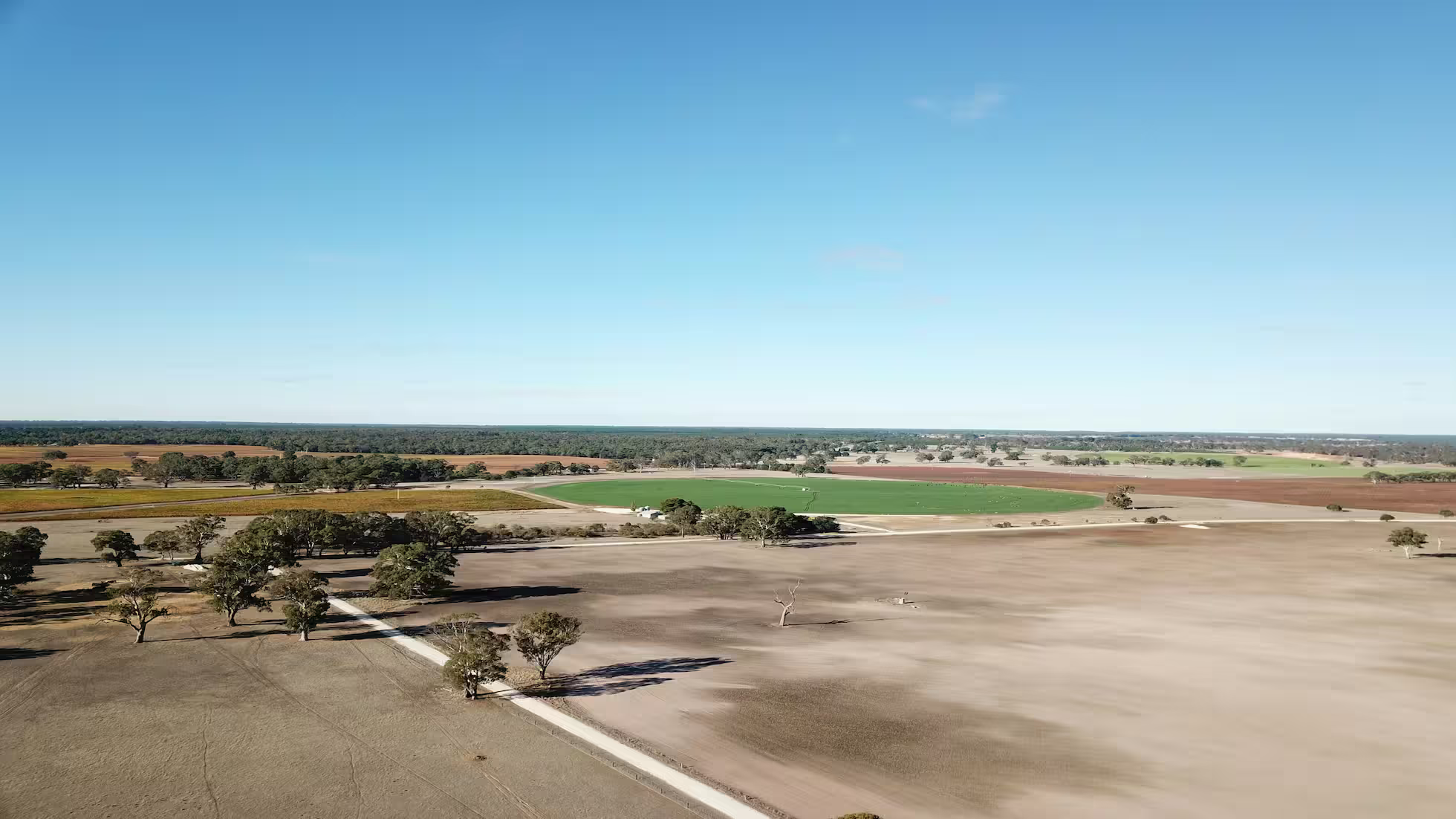Reform of the Three Rights Separation in Rural Contracted Land

The “Comprehensive Implementation Plan for Deepening Rural Reform” clearly defines the direction of deepening the reform of the rural land system, and the “Opinions on Improving the Method of Separating Ownership, Contracting Rights, and Management Rights of Rural Land” outlines the plan for the “Three Rights Separation” reform.
The Importance of “Three Rights Separation” in Rural Contracted Land
- Enhancing the Concept of the Dual Management System
The dual management system is the basic management system established after the reform and opening-up. The evolution from “separation of two rights” to “separation of three rights,” and from “collective ownership, household contracting” to “collective ownership, household contracting, diversified management,” demonstrates the enduring vitality of China’s basic rural management system.
- Opening a New Path for Agricultural Modernization with Chinese Characteristics
The implementation of the “Three Rights Separation” reform, while protecting farmers’ contracting rights, grants new agricultural business entities more land management rights. This facilitates the optimal allocation of land management rights over a broader area, thereby improving land productivity, labor utilization, and resource efficiency.
3. Enriching the Theory of Agriculture, Rural Areas, and Farmers, with Significant Theoretical Importance
The “Three Rights Separation” reform enables the collective, contracting households, and new business entities to share land usage rights, which promotes division of labor, increases the income of contracting households, and allows new business entities to exert more initiative and achieve greater scale benefits. This is a wise institutional arrangement, rich in theoretical innovation and distinctive Chinese characteristics.
The Basic Concept of the Three Rights Separation
- Adhering to the Fundamental Position of Collective Ownership of Rural Land
Collective ownership of rural land by farmers is the foundation of the basic rural management system and must be fully reflected and protected. The collective landowners have the legal right to possess, use, benefit from, and dispose of the land. Farmers’ collectives are the rightful owners of collective land. In the process of improving the “Three Rights Separation” system, the collective’s rights to contract, adjust, supervise, and reclaim contracted land must be fully upheld to enhance the advantages and functions of collective land ownership.
- Strictly Protecting Farmers’ Contracting Rights
Farmers’ rights to contract land are the basis of the basic rural management system, and existing contracting relationships must be stabilized and maintained over the long term. Contracting parties have the legal right to possess, use, and benefit from the contracted land. Collective land must be contracted to farmer households as members of the collective, and regardless of how management rights are transferred, the contracting rights to collective land belong to the farmers. No organization or individual can replace the position of the farmer household in land contracting. In the process of improving the “Three Rights Separation” system, the rights of contracting farmers to use, mortgage, transfer, and withdraw from contracted land must be fully protected.
- Accelerating the Activation of Land Management Rights
In the process of improving the “Three Rights Separation” system, the rights of management entities must be legally protected to ensure more effective and reasonable use of land resources.
- Coordinating the Relationship Among the “Three Rights”
Collective ownership of rural land is a prerequisite for land contracting rights. Farmers’ rights to contract and manage land are the specific forms of collective ownership. In land transfer, farmers’ contracting and management rights derive from land management rights. It is necessary to support the collective in actively exploring lawful and regulated ways to exercise collective ownership, supervise farmers and management entities in the proper use of land, and encourage theoretical research on the rights boundaries and mutual rights relations between the collective and contracting farmers in land contracting, and between contracting farmers and management entities in land transfer. Through practical and theoretical innovation, the “Three Rights” relationship should be gradually improved to provide strong support for the implementation of the “Three Rights Separation.”
Practical Challenges and Path Choices for the “Three Rights Separation”
- The property rights trading service system is not yet fully developed, and grassroots resources and service capacities are insufficient. Improve the supervision and management policies of the rural land trading market to ensure that land transfers are conducted in a fair, just, and orderly manner.
- The rural land financing guarantee system is not yet fully established, and credit risk is relatively prominent. Improve the regulatory system for rural land financing and guarantees to protect the bilateral interests of farmers and banks.
- The rural industry support system is not yet standardized, and the integration of rural industries is relatively lagging. Innovate rural industry support models and accelerate the formation of modern agricultural industry systems.
- The paid withdrawal mechanism for contracted land is unclear, and the system regulations are not yet fully developed. Carefully design a paid withdrawal mechanism for contracted land to achieve cross-regional integration and development.
Published at: Jun 10, 2024 · Modified at: Dec 11, 2025


